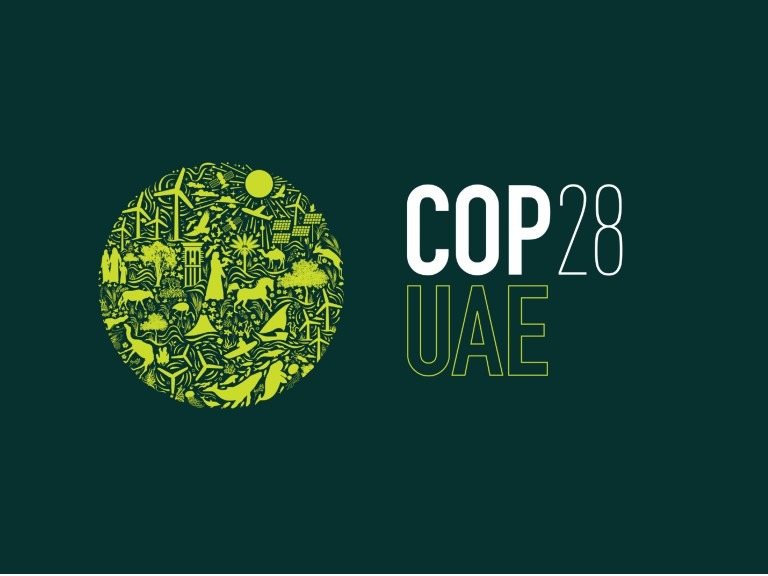Climate change poses grave threats to countries across Africa, but especially fragile and conflict affected communities. When world leaders converge for COP28 at the end of this month, it is vital that they come up with solutions to support these vulnerable communities. The fragile states from the Central African Republic to Malawi, Sudan and Somalia continue to suffer from floods, droughts, storms and other climate related shocks than other countries. Each year, three times more people are affected by natural disasters in these fragile states as compared to other places.

These African countries are battling with fast and rising temperatures. Extreme heat, along with more frequent extreme weather events, endangers human health and hurts productivity and jobs in key sectors such as agriculture and construction. The sectors provide multiple jobs for most of our very young African population causing persistent financial and food insecurity on the continent. These cumulative losses in gross domestic product in fragile African countries reach upto about 4 percent after 3 years of an extreme climate event. Moreover, the Droughts usually cut the capita GDP growth every year by about 0.2 percent. This means that incomes in fragile African countries are falling further behind those in other countries. The climate shocks also worsen underlying issues such as conflict and hunger, further exacerbating the effect they have on the economy and people’s wellbeing. High carbon emissions equals continuous conflict, hunger and poverty in our vulnerable communities.
The higher losses from climate events also reflects the dependency of many African countries on rainfed agriculture. Rainfed farms are especially left to crumble during droughts and floods. Loss and damage resources must be invested in the existence of functional irrigation projects in these communities. Sudan’s Gezira irrigation scheme once covered 8000 square kilometers of fecund farm land but has shrunk to less than half that area owing to poor maintenance due to lack of adequate financial means. With the financing for climate adaptation needed being way beyond what fragile African communities can afford on their own. Sizable and sustainable support from international development partners in form of both concessional financing and capacity development is urgent to avoid worsening hunger and conflict that are fueling forced displacement and migration.
In 2023 we have seen in real time, yet rich countries are poised to do little at COP28. As another big climate conference looms and global “loss and damage” takes hold, we as climate activists and leaders must keep the pressure on the biggest emitters. Prof Saleemul Huq was a very significant climate visionary and a steadfast leader on climate justice of developing countries. He was an advocate for the global poor, and an inspiration to thousands worldwide. He continually pushed for loss and damage measures, where by he demanded nations that emit the bulk of greenhouse gases to help address the needs of the lower emitting nations who nonetheless bare the brunt of the climate crisis. His sudden death is a blow to the global south and all of us who work toward climate justice. For the upcoming COP28 summit we will keep his legacy alive by calling for greater concerted efforts on the following up and expansion of the loss and damage fund. We should always envision how millions of peoples futures hinge on these climate negotiations and ensuring their success is important.
For 3 decades we have campaigned for recognition of climate losses in our vulnerable communities, to no avail. Although the UN transition committee on loss and damage was put in place, aiming to channel climate finance to the most affected regions, it has failed to reach an agreement ahead of COP28. Additionally, some powerful industrialized countries have not yet fully committed to meeting the gap in financing meaningful climate justice. The US in particular is reluctant to pay climate reparations, despite being the first greenhouse gas polluter cumulatively, and thereby the biggest climate change contributor historically. Without doubt, as climate activists it is critical for us to fight for greater corporate accountability and local action. The fossil fuel industry continues to produce, maintain and benefit from greenhouse gas emissions at the cost of our peoples lives and livelihoods. It’s time the world tackled these ongoing and increasing climate injustices on ground.
